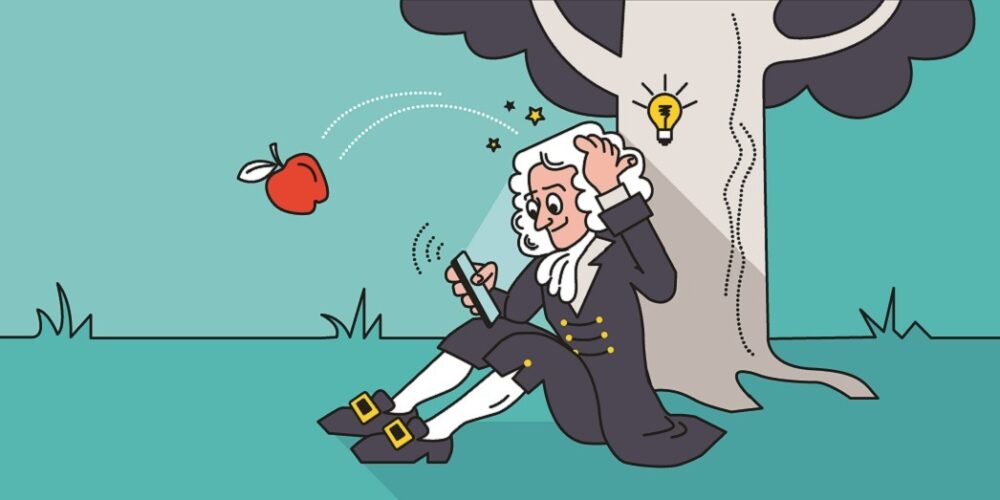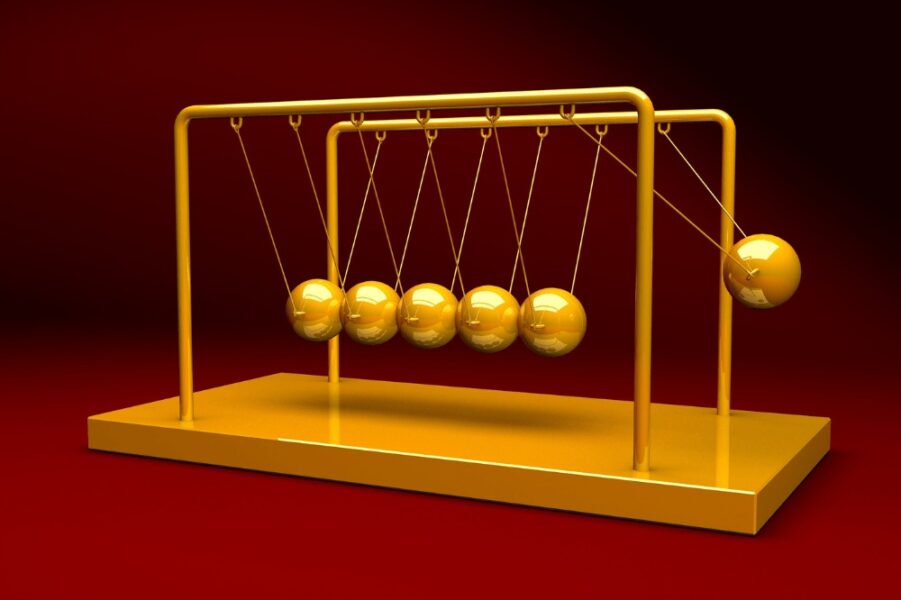5 Tips for Overcoming Challenges in Classical Mechanics
Classical mechanics, a branch of physics dealing with the motion of macroscopic objects, is fundamental to understanding the physical world. Whether you’re a student grappling with Newton’s laws, an engineer applying principles to design machinery, or just a curious mind exploring the foundations of physics, mastering classical mechanics can be daunting.
The subject encompasses a broad range of concepts, from kinematics and dynamics to energy conservation and rotational motion. However, with the right approach, overcoming these challenges becomes significantly more manageable.
This article provides five practical tips to help you navigate through the complexities of classical mechanics and enhance your learning experience.
One of the best ways to find how to solve problems in classical mechanics are the online resources that can serve as a valuable source of information, offering step-by-step solutions and insights into various types of questions you might encounter.
Understanding the Basics
The foundation of any subject lies in a thorough understanding of its basic principles. In classical mechanics, this means getting a firm grip on Newton’s laws of motion, concepts of force and mass, and the fundamental principles of kinematics and dynamics.
Start with Newton’s First Law, which introduces the concept of inertia and the idea that an object in motion will remain in motion unless acted upon by an external force. This law sets the stage for understanding how and why objects move.
Breaking Down Complex Problems

Source: edcraft.io
Complex problems in classical mechanics can often seem overwhelming at first glance. However, breaking them down into smaller, more manageable parts can make them easier to tackle.
Start by identifying what is being asked and what information is given. Sketch a diagram if necessary to visualize the problem. Label all known and unknown quantities and list the relevant equations that might apply.
Applying Mathematical Tools
Mathematics is the language of physics, and proficiency in mathematical techniques is crucial for solving problems in classical mechanics. Key mathematical tools include algebra, trigonometry, calculus, and differential equations. Each of these tools plays a vital role in formulating and solving physical problems.
Utilizing Resources and Study Aids
In the digital age, a wealth of resources is available to help you master classical mechanics. Textbooks, online tutorials, video lectures, and interactive simulations can all enhance your learning experience. When choosing resources, look for those that offer clear explanations, step-by-step solutions, and practical examples.
Textbooks remain a valuable resource, providing comprehensive coverage of the subject matter. Authors often present material in a logical progression, building on fundamental concepts before introducing more advanced topics. Look for books with plenty of worked examples and end-of-chapter problems to test your understanding.
Developing Problem-Solving Skills

Source: jobscan.co
Problem-solving is at the heart of classical mechanics, and developing this skill requires practice and persistence. Start by working on simpler problems to build your confidence and gradually move on to more challenging ones. Take the time to understand the underlying principles and the steps involved in reaching a solution.
Connecting Theory with Real-World Applications
Understanding classical mechanics is not just about solving textbook problems; it’s also about seeing the connection between theoretical concepts and real-world applications. Many everyday phenomena can be explained using the principles of classical mechanics, from the motion of a car on a highway to the forces acting on a roller coaster.
Embracing a Growth Mindset
Finally, cultivating a growth mindset is essential for overcoming challenges in classical mechanics. A growth mindset is the belief that abilities and intelligence can be developed through dedication and hard work. This mindset fosters resilience, encourages persistence, and promotes a positive attitude towards learning.











